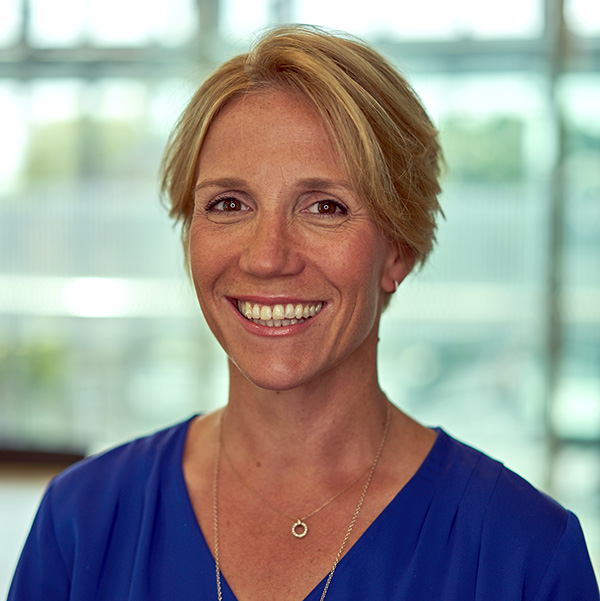Capital IdeasTM
Investment insights from Capital Group
Fixed Income
Kirstie Spence, fixed income portfolio manager, shares her outlook for emerging market debt and outlines the three things currently exciting her about the asset class.
Video transcript
This transcript is intended to be presented only when accompanied by the video that includes additional important information and disclosures.
Kirstie Spence:
Hi, I'm Kirstie Spence, and I'm an emerging market debt portfolio manager at Capital. I've been asked by many of our clients: what are the three things that make me excited about emerging market debt for the outlook for this year? So there are three things I would highlight.
The first one, which a lot of people don't appreciate is that emerging market debt is actually ahead of the inflation curve, which might be unlike a lot of developed economies.
What I mean by that is they've been raising interest rates earlier than developed economies and as such seem more in control of the inflation cycle than their developed market counterparts. That means that they should be able to start easing policy sooner rather than later, which then should provide a tailwind for the attractive valuations in emerging market bonds. The second thing is that the Fed is also obviously coming to the top of potentially their hiking cycle, and that takes away a headwind for returns for emerging market dollar assets in general.
Because emerging markets sometimes do have to fund in dollars. As interest rates rise, that can cause a headwind for the asset class. So if we think that the Fed is near the top of the hiking cycle, that should then provide some easing in the environment for emerging market debt and a positive tailwind for returns. And the third thing is that China has reopened after closing for COVID. And that wasn't expected at the end of last year and certainly not as positively or as aggressively as has happened. And when China starts to grow again, that's very positive for nearly all emerging markets, obviously within the Asia region.
But in general, it can provide demand across many emerging markets for commodities and also as they travel again and consume and purchase. So those three things, I think, are factors that were not happening last year in 2022 and are happening this year in 2023 and should provide a very positive backdrop for emerging market returns this year, especially given the starting point of valuations. When I put together a portfolio of emerging market debt, there are a lot of different securities that I can choose from. And in general, the ideal portfolio would be a mixture of both local currency debt, where we can get the inflation story and the cheaper currencies but also hard currency debt where we can invest in bonds that have turnaround stories or improving credit fundamentals, both relative to emerging markets and often to the rest of the world. It is easier today to construct a very diversified portfolio of returns because of the opportunity set that we have in front of us.
Our latest insights
-
-
Long-Term Investing
-
Emerging Markets
-
Global Equities
-
Emerging Markets
RELATED INSIGHTS
-
-
Emerging Markets
-
Emerging Markets
Past results are not predictive of results in future periods. It is not possible to invest directly in an index, which is unmanaged. The value of investments and income from them can go down as well as up and you may lose some or all of your initial investment. This information is not intended to provide investment, tax or other advice, or to be a solicitation to buy or sell any securities.
Statements attributed to an individual represent the opinions of that individual as of the date published and do not necessarily reflect the opinions of Capital Group or its affiliates. All information is as at the date indicated unless otherwise stated. Some information may have been obtained from third parties, and as such the reliability of that information is not guaranteed.
Capital Group manages equity assets through three investment groups. These groups make investment and proxy voting decisions independently. Fixed income investment professionals provide fixed income research and investment management across the Capital organization; however, for securities with equity characteristics, they act solely on behalf of one of the three equity investment groups.
 Kirstie Spence
Kirstie Spence